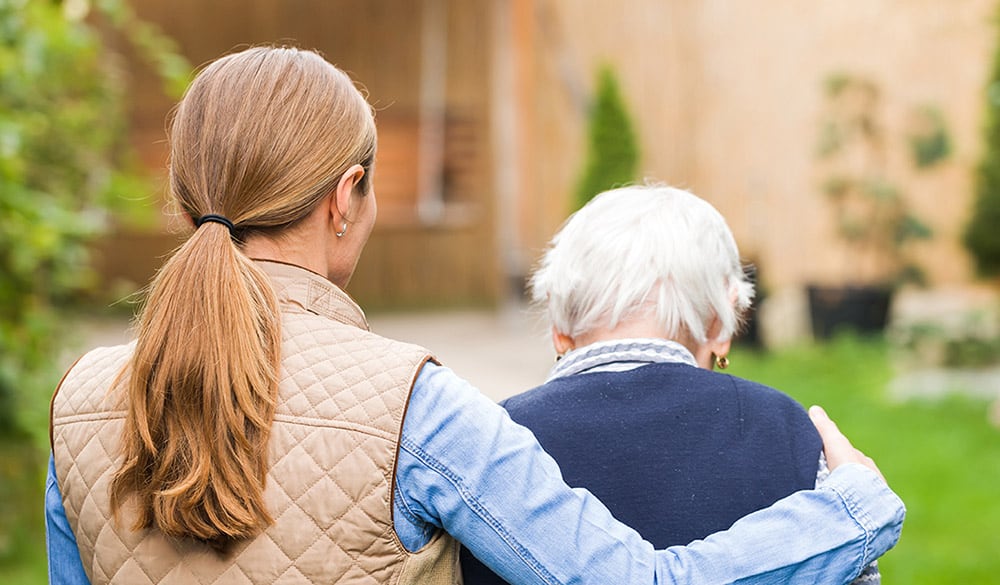One-off personal health budgets to help hospital discharge process as NHS under pressure

The NHS has published new guidance about one-off personal health budgets (PHBs) to speed up hospital discharges and ensure people have access to support after they leave the hospital.
As part of the NHS response to COVID-19, these one-off PHBs are available to provide people with the support they need to leave the hospital safely. They enable people to access personalised care and support when their needs cannot be met through existing commissioned services or unpaid care.
One-off personal health budgets could be used, for instance, for payment of travel costs for informal care, or for culturally appropriate support, where none such is routinely commissioned.
The PHB should enable earlier discharge by at least two days and be agreed between the patient and or carer and the person responsible for the discharge.
According to the guide, one-off PHBs can be considered where:
- Payment for a good or service would enable early and safe discharge.
- The good or service cannot be provided via existing commissioned services or cannot be provided in a timely manner.
- The good or service cannot be provided through unpaid care or the voluntary sector or cannot be provided by them without this additional support.
If the proposed PHB meets one of the above criteria, healthcare professionals should work through the following criteria:
- The cost of PHB should not exceed £200 (exceptions up to £400 can be considered). Clinical commissioning groups (CCGs) must assure the proposed spend clearly represents value for money: i.e., the proposed spend does not exceed cost of saved bed days or alternative commissioned services.
- The good or service must meet an identified need via a personalised care and support planning conversation.
- Payment for the service will enable earlier discharge by at least two days.
- Spend must be captured and signed off within a personalised care and support plan.
- The payment is not for:
- an item or service prohibited by the National Health Service (Direct Payments) Regulations 2013 (alcohol, tobacco, gambling or debt repayment, or anything that is illegal)
- emergency acute care
- primary care services such as seeing a GP or buying medication.
- PHBs to support the discharge model are one-off rapidly deployed budgets. Timescales, policy and governance requirements mean that employment of PAs through a one-off PHB would not be appropriate. The aim of PHBs to support discharge is to enable care and support by family or unpaid carers to facilitate discharge for up to two weeks.
Systems will need to be able to make same-day payments where appropriate.
These one-off PHBs are not designed for long-term care and consideration must be given to the health and wellbeing of the individual post-discharge, the guide says. Carer assessments post-discharge should follow.
As with normal personal health budgets, one-off PHBs can be delivered either by way of direct payment; by a notional budget, where the commissioner purchases support and services on behalf of the individual in line with their needs; or by a third-party budget, where an independent organisation arranges support and services on behalf of the individual in line with their care plan.
The British Healthcare Trades Association (BHTA) launched a guide in 2020 for wheelchair users on how to access personal wheelchair budgets (PWBs). PWBs are a type of personal health budget and relate specifically to people being able to purchase manual and powered wheelchairs.

